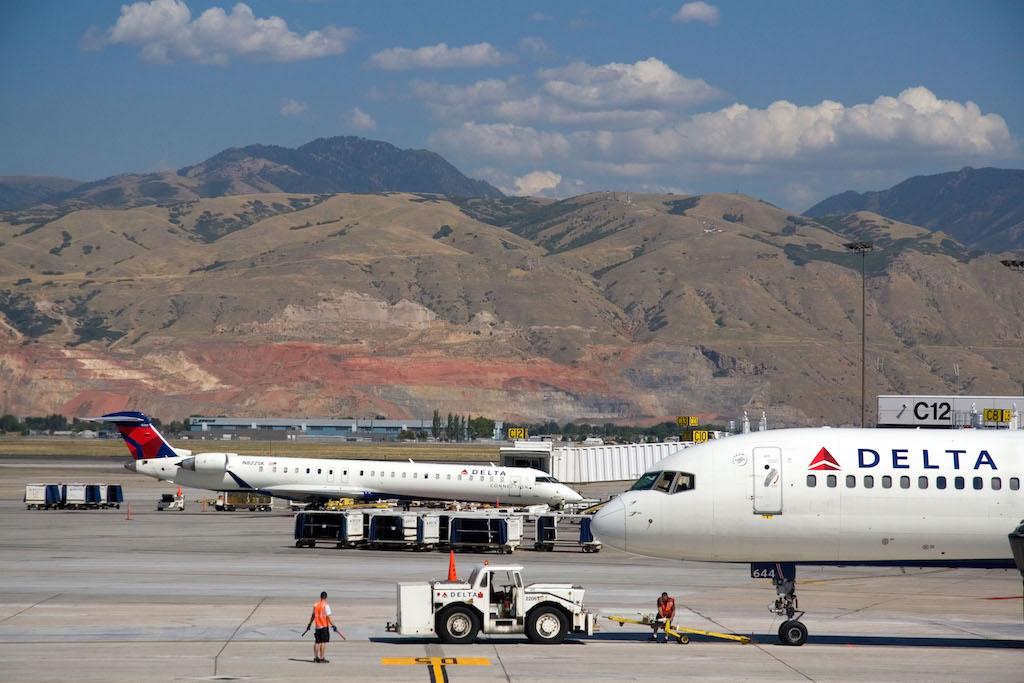
DALLAS--The average age of commercial aircraft will decline dramatically over the next decade as airlines renew their fleets with more fuel-efficient models. This will drive average annual retirements to increase 20-25% compared to the previous decade, said Brian Prentice, partner and MRO global lead at Oliver Wyman, speaking at Aviation Week Network’s MRO Americas.
In North America, he expects 40% of the current fleet to be retired over the next 10 years.
As mature aircraft retire, new generation models that are 15-25% more efficient will take their place, constituting 55% of the fleet by 2023, said Prentice. This infusion of new aircraft and the retirement of older models will decrease the average fleet age to 9.5 years in 2032 from 21 years now, according to Oliver Wyman’s latest fleet and MRO forecast. Those aircraft include Boeing 737 MAX, Airbus A320neo, A220, 787, A350, A330neo and 777X.
Oliver Wyman expects A320neo and 737 MAX aircraft to represent 40% of the fleet by 2032, when it predicts global MRO spending will reach $126 billion, up from $79 billion in 2022.
“Covid collectively cost the MRO industry $160 billion,” or about two years of growth, between 2020-30, said Prentice.





